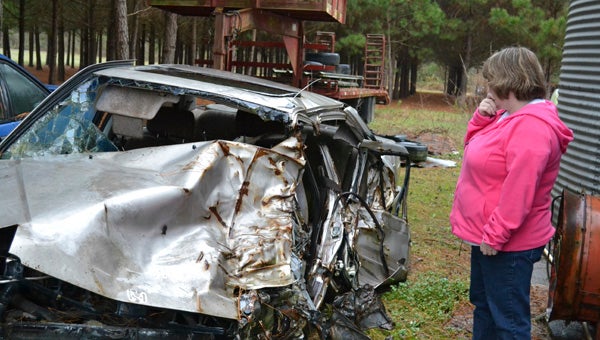The real cost of education cuts
Published 6:26 pm Wednesday, July 30, 2014
It’s no secret that the current General Assembly is not particularly teacher friendly. While the state budget is in its final phases, and a sneak preview of the budget highlights was held by N.C. House Speaker Thom Tillis and N.C. Senate President Pro Tempore Phil Berger, many are concerned about further cuts affecting the state’s teachers and students.
What is known right now is that, moving forward, extra pay for extra education has been eliminated. Unless a teaching job specifically requires a master’s degree, North Carolina teachers with master’s degrees will earn no more than teachers without them.
Also known is that the seven-percent pay raise that was supposed to mollify teachers is more likely a sleight of hand: part of the raise is being funded with longevity pay, an annual lump sum payment recognizing long-term service. According to the North Carolina Association of Educations, that means teachers — unlike all other state employees — will no longer be making longevity pay.
Another change made to existing pay schedule is that proposed teacher salaries will start at $33,000, which is a minor improvement, and cap out at $50,000, which is a $3,180 reduction from teachers’ existing pay schedule.
While these education issues have been made clear, there are others that remain murky — an example: driver’s education. As of Tuesday, it was unclear whether driver’s education will remain publicly funded and that could have potentially devastating consequences. Right now, the graduated license system that takes 14-year-olds through a four-year process from learner’s permit to full license costs $55. If funding for driver’s education is transferred away from North Carolina Department of Public Schools and lumped in with North Carolina Department of Transportation’s budget, that funding may just disappear altogether. Private driver’s education classes can run anywhere from $300 to $2,000.
Less concerning is that responsible parents may have to pay a lot more to ensure their children become responsible drivers. More concerning is that those without available funds to take courses will be forced to wait until they’re 18 years old to get licenses and a slew of untrained and inexperienced drivers could potentially be hitting the North Carolina roadways. From 2007 to 2011, North Carolina teens were involved in an average of 46,652 crashes; 128 of those were fatal. Allowing unprepared teen drivers on the road might not be the safest way to go — neither physically nor financially.
If this particular budget cut comes to pass, the cost might be a lot more than paying out of pocket for driver’s education and potentially higher auto insurance rates statewide. The real cost might be in lives.





